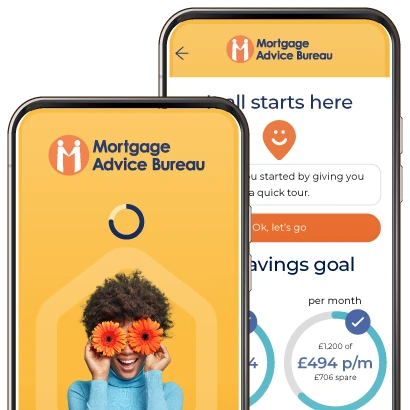As part of the mortgage application process, advisers and lenders conduct an affordability assessment to determine whether you are eligible for a mortgage. You might be wondering 'How do I prepare for an affordability assessment?'
Gather all the necessary documents
Before the appointment, you should gather all the documentation your adviser requires. These documents include:
-
Last three months’ bank statements
-
Last three months’ wage slips (including overtime, bonus, and commission)
-
Three years worth of accounts (if you’re self-employed)
-
Existing mortgage/loan/credit card commitments
-
Any details of credit issues (County Court Judgements, arrears, or defaults)
-
Existing savings accounts, life insurance policies, pensions, healthcare policies
-
Form of identification (passport/driving licence/birth certificate)
-
Proof of address (e.g., council tax bill or utility bill)
-
P60 (if available)
-
A copy of your credit report
Incomings and outgoings
When conducting affordability assessments, advisers and lenders go through your finances with a fine-toothed comb. Some of the things they look at include:
-
Earnings
-
Shopping habits
-
Credit statements
-
Subscriptions (e.g., TV, music, games)
-
Bills
-
Gambling
During these assessments, everything that goes in and out of your bank account will be analysed. So, another way to get prepared for yours is to jot down any extra income, your monthly household budget, and your personal expenses (gym memberships, clothes, holidays, streaming subscriptions etc.) By preparing this information, you will be more organised and it can speed up the assessment process.
To find out more about the affordability process of securing a mortgage, talk to one of our expert advisers today.
Important information
Your home may be repossessed if you do not keep up repayments on your mortgage.
There may be a fee for mortgage advice. The actual amount you pay will depend on your circumstances. The fee is up to 1% but a typical fee is 0.3% of the amount borrowed.







